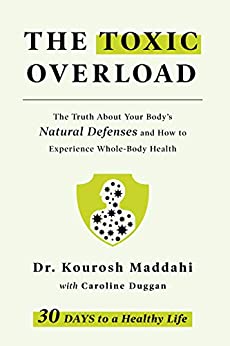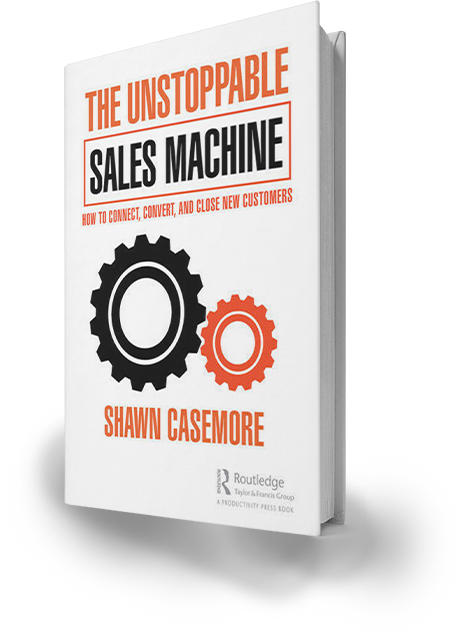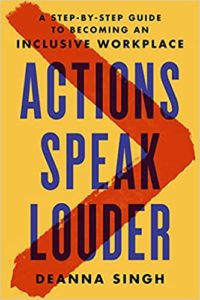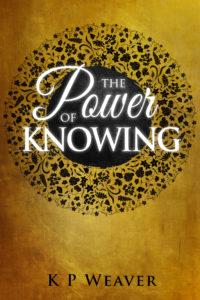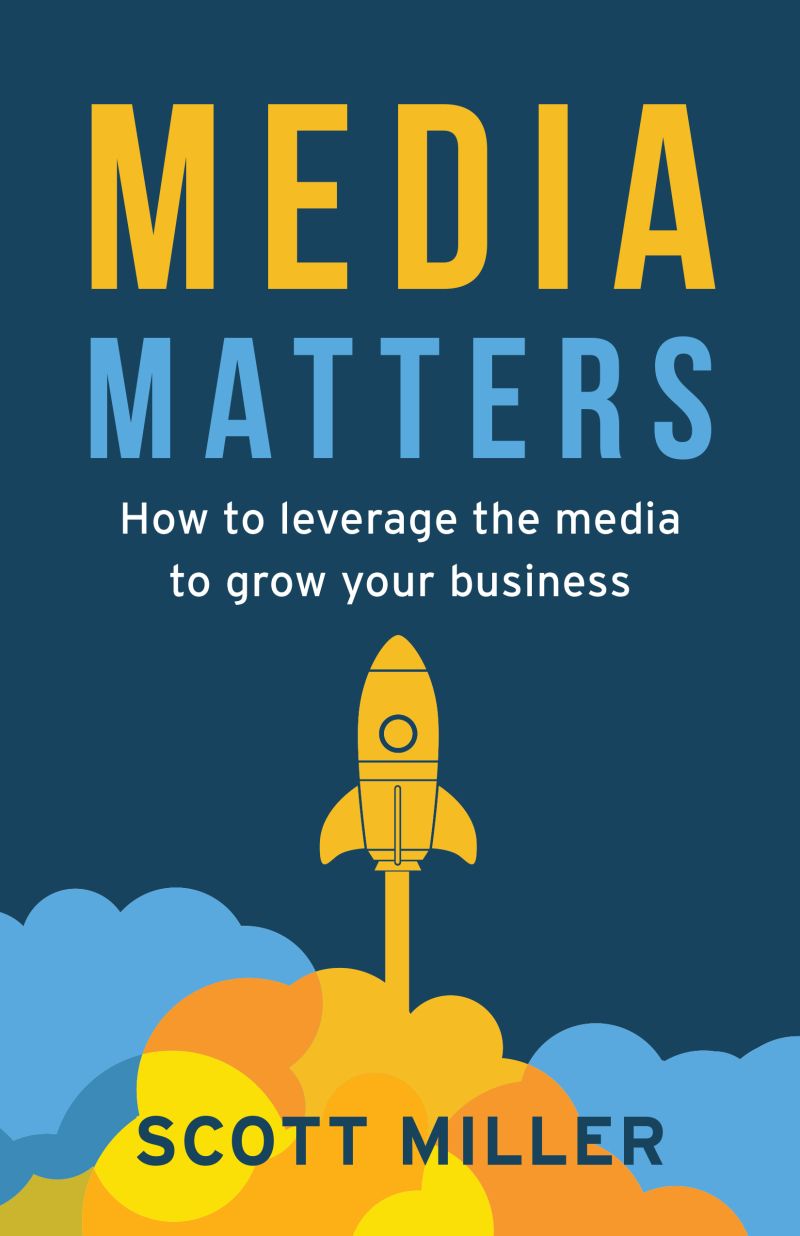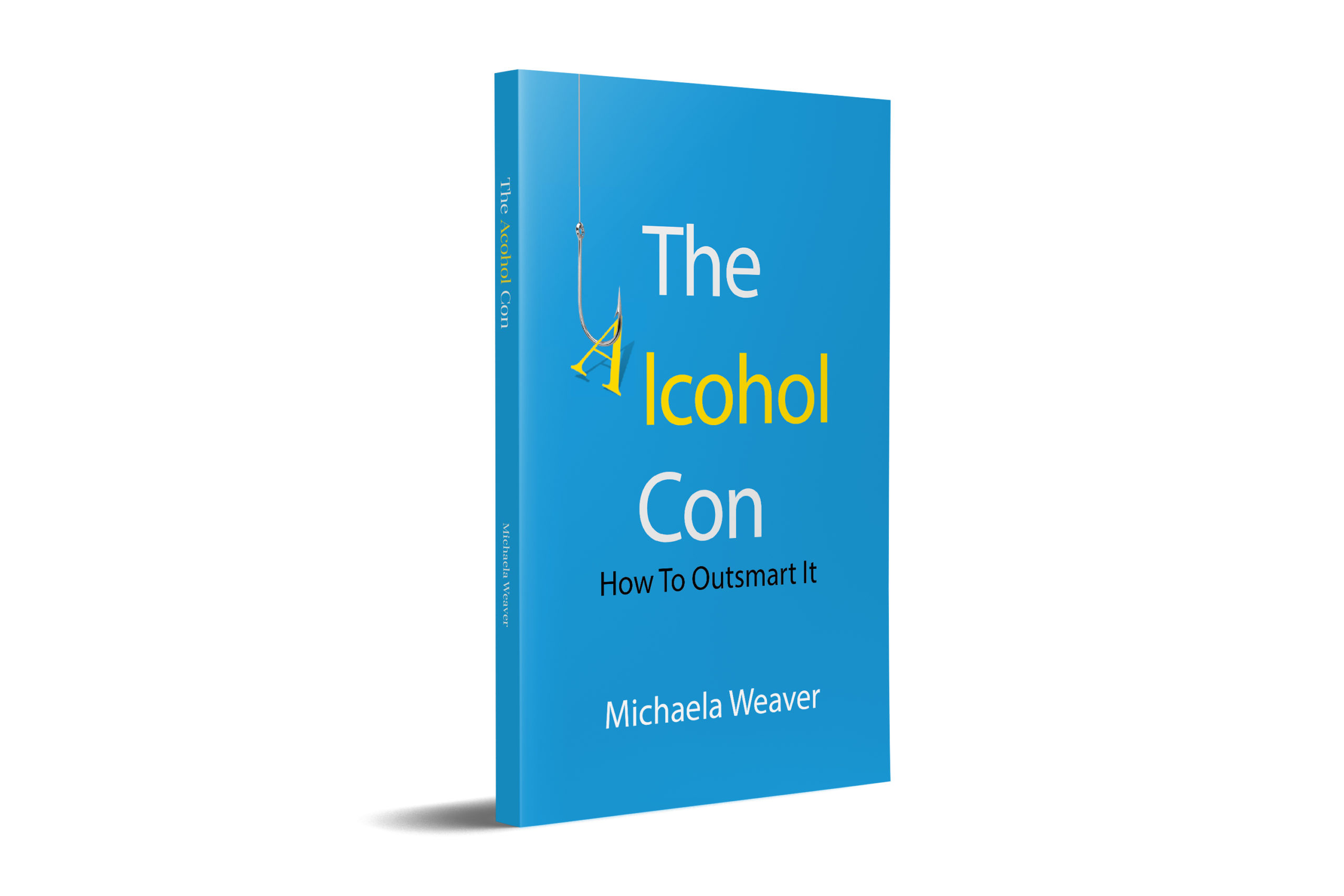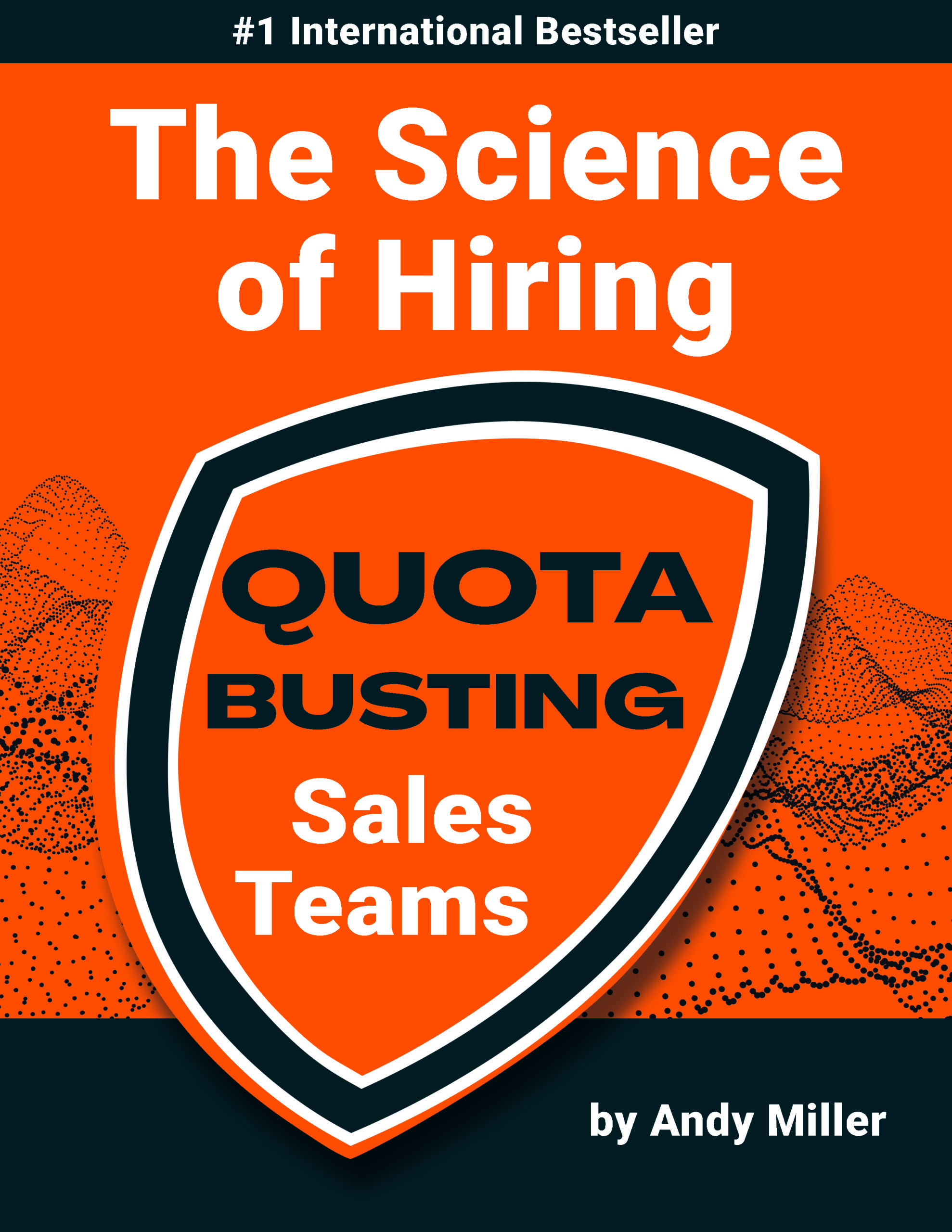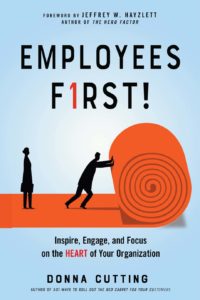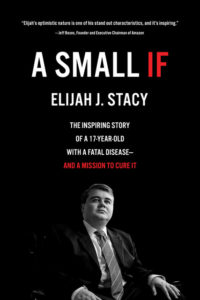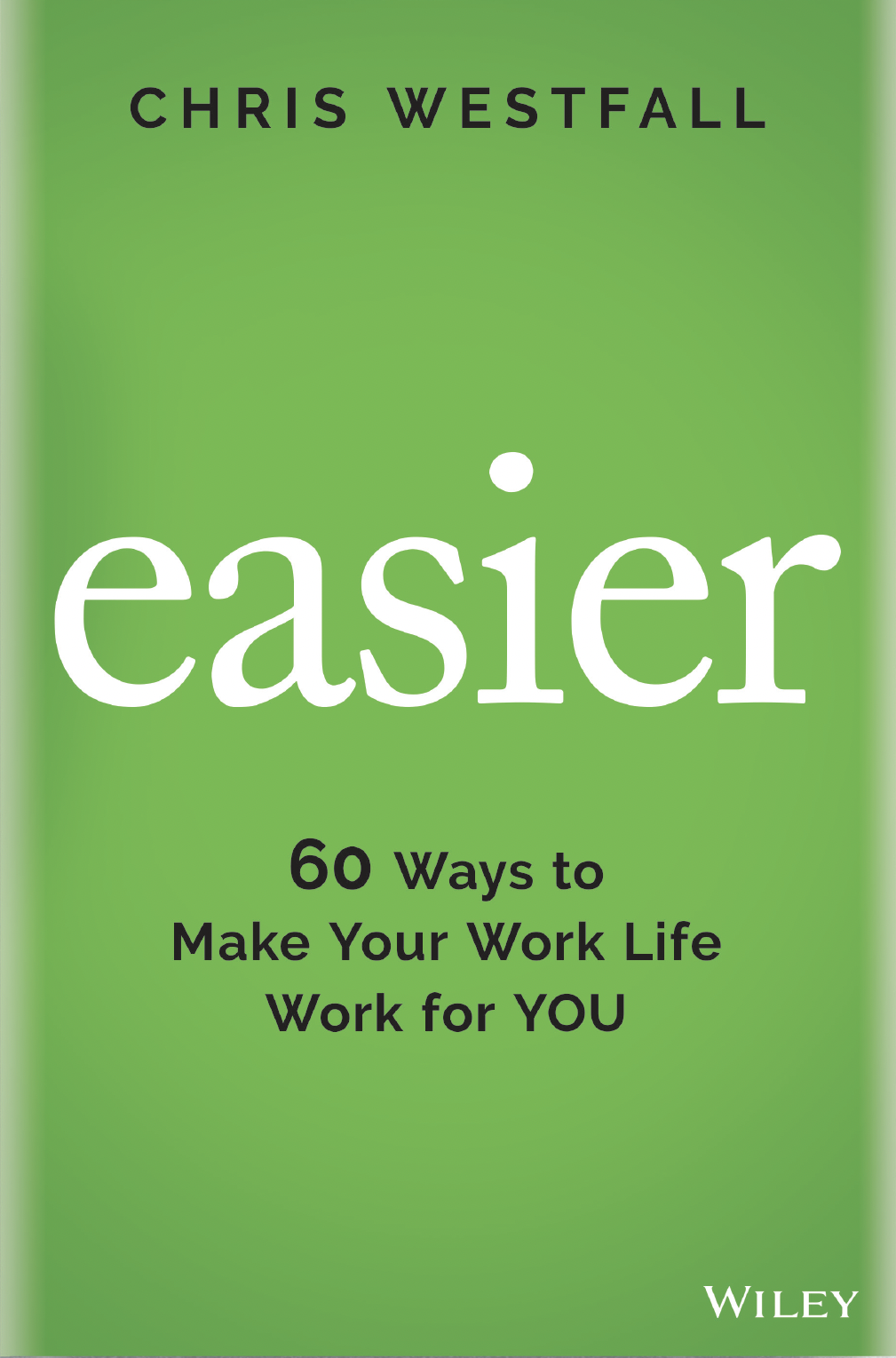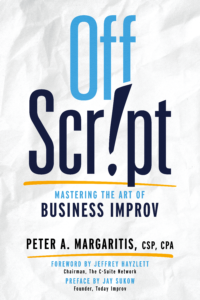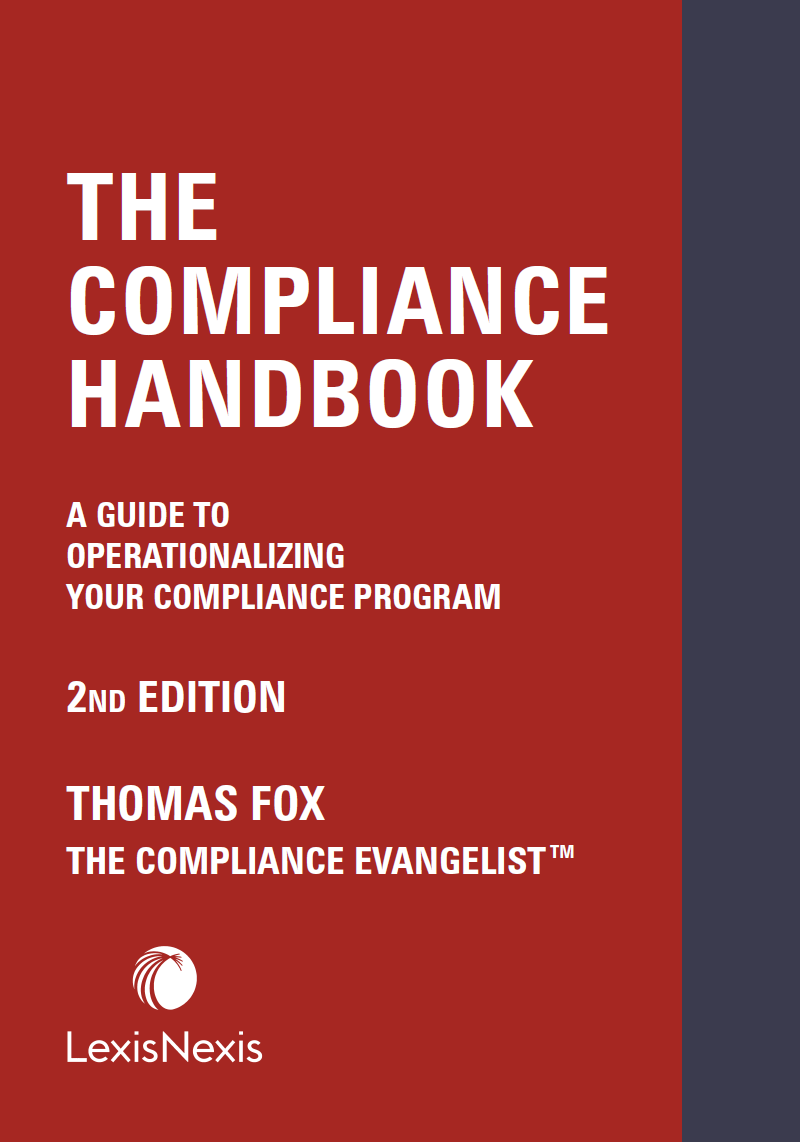The Good Ones: Ten Crucial Qualities of High-Character Employees
Bruce Weinstein
Employers look for two things when hiring or promoting people: knowledge and skill. They rarely, if ever, consider character. Yet character is the key to extraordinary business success. “The Good Ones” presents ten crucial qualities of high-character employees, qualities that enhance employee satisfaction, client relationships, and the bottom line.
You’ll read stories from managers and employees across the U.S. and beyond who reveal how honesty, courage, loyalty, and patience have helped their organizations maintain an edge over the competition. Each chapter is devoted to a single quality of character and ends with questions employers can use to hire and promote the Good Ones — people who are consistently honest, accountable, fair, and grateful.
Whether you’re looking to bring new people into your organization or are seeking a job or promotion yourself, “The Good Ones” will help you appreciate in practical terms why character is the missing link to excellence.
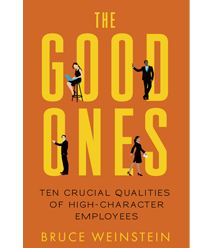

Dress nicely. Be polite. Speak with confidence. You already know this advice for doing well on your job interview.
But what you might not have considered is talking about your character. I guarantee that no other candidate will be discussing character, yet it is this element that distinguishes a competent employee from a truly stellar one.
High-character employees are the Good Ones, and these are the people that smart companies hire and promote.
Chances are, though, that the organizations you’re applying to will not bring up the issue of character on their own. That’s why you have to.
The people charged with hiring and promoting employees focus obsessively on knowledge and skill, yet as Alan Tecktiel, global HR manager for Baker & McKenzie, the largest law firm in the world, notes, “knowledge and skill are needed to play, but they’re not needed to win.” Many of the executives I’ve interviewed for the past two years told me, “I can teach someone how to do the job, but I can’t teach them how to be honest.”
That makes sense. Bernie Madoff was very talented in business and finance. He knew how to make a lot of money for his clients. Do I even have to finish this paragraph? You know the rest.
I’ve identified ten crucial qualities of high-character employees. Since honesty is the most important, it occupies the first position. The rest are in alphabetical order:
Honesty
Accountability
Care
Courage
Fairness
Gratitude
Humility
Loyalty
Patience
Presence
I’ve also developed questions that savvy employers can ask job candidates to evaluate the degree to which they possess these qualities. These same questions will be valuable to you in your search for a new job or a better position with your current employer.
A way that companies can assess a job candidate’s courage, for example, is by posing this: “Describe a time when you had to disagree with someone in authority and stand your ground. What was the situation? How did the person react? What did you do?”
According to Bill Treasurer, author of Courage Comes to Work, an authentic response will probably include a reference to vulnerability. Courage, Bill notes, isn’t the absence of fear; fear goes hand in hand with doing courageous things.
How High-Character People Benefit the Companies They Work For
They:
- -make coming to work a more agreeable experience for everyone, which is good for employee morale.
- -contribute significantly to the organization’s financial health by being highly productive and developing strong relationships with clients.
- -tend to be loyal to their employers.
- -advance the company’s mission of enhancing people’s lives.
- -reflect well on the company, which is valuable for its own sake and also promotes positive word-of-mouth.
Call to Action!
Do these three things, and you will almost certainly ace your job interview.
- -Before applying for a position with an organization, study its mission and vision statements and its code of ethics. Connect with current and former employees to learn more about the company’s culture. Look for examples from the company’s website, the news, and business literature that describe how the company has put its values into practice.
- -During your interview, emphasize that not only are you highly qualified in your field but that, as someone who takes ethics seriously, you are committed to doing the right thing every time, everywhere. Be prepared to cite the examples of the company’s commitment to integrity that you researched. Use stories from your own experience, like the ones in my book, to illustrate how honesty, accountability, and the like were critical in helping you deliver results in the previous jobs you’ve had.
- -Send a thank-you note after the interview. Mention some of the company’s values and reiterate that you are deeply committed to upholding these values in everything you say and do. Sending a hand-written thank-you note instead of an email is an especially nice — and rare — touch.
Very few, if any, of your competitors will be saying or doing anything like this. Simply mentioning ethics, honor, or character in your communications will set you apart from the rest, and when you back up these statements with evidence that demonstrates that you are a person of high character and how this commitment has helped you deliver results, you will rightly jump to the top of the company’s short list of contenders.
###
What will you plan to do differently as a result of this blog post when you apply for a job? If you used any of this advice when you interviewed for a job, how did it go? Tell Bruce via bruce@theethicsguy.com, and he’ll send you a thank-you gift!

Dr. Bruce Weinstein helps organizations hire and promote high-character people. Known as The Ethics Guy, Bruce is the author of “Ethical Intelligence” and “Is It Still Cheating If I Don’t Get Caught?” An in-demand speaker, his business clients have included The Home Depot, Northrop Grumman, and the National Football League, as well as nonprofit organizations, universities, and the military.
You’ve seen him analyze ethical issues in the news on Fox News Channel’s “Fox & Friends” and “The O’Reilly Factor,” NBC’s “Today Show,” ABC’s “Good Morning America,” CNBC’s “Power Lunch” and “Fast Money,” and CNN’s “The Situation Room with Wolf Blitzer” and “Anderson Cooper 360.”
He lives in New York City with his wife Kristen Bancroft.




